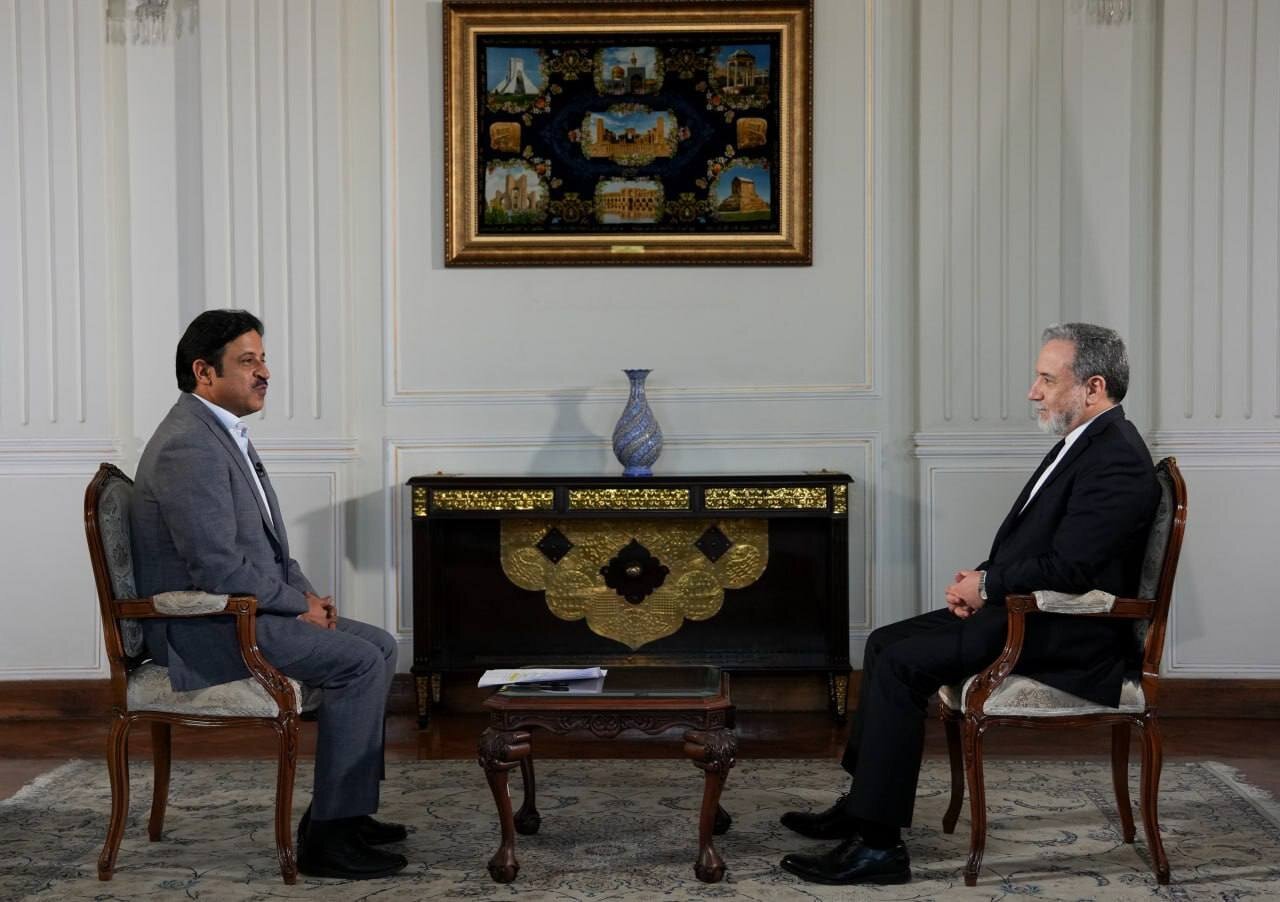War didn't halt enrichment; pressure won't either
Araghchi says a 'fair' deal possible if US scraps 'unacceptable' conditions

TEHRAN – In an interview with Qatari media, Iran's foreign minister reiterated what has essentially been the country’s position for decades: the United States cannot make Iran blink. Neither sanctions, nor threats, nor even wars – like the one Washington and Israel waged against Iran in June – will succeed. A win-win deal remains the only off-ramp from the escalating high tensions.
The full interview had not been published by Saturday night. However, snippets of the discussion released by Al Jazeera showed Abbas Araghchi stating, "What could not be achieved by war cannot be achieved through politics." Araghchi added that while Iran is ready to re-enter talks on its nuclear program, it would never agree to cease uranium enrichment. "We are ready to address concerns regarding Iran’s nuclear program and are confident in the peaceful nature of our nuclear program," he affirmed.
The top diplomat was also recorded as saying that Iran will never negotiate its missiles, the very weapons it employed to force a halt to the 12 U.S.-Israeli aggressions four and a half months ago, and which the U.S. seeks to limit to a range of less than 500km. Such a restriction would preclude Tehran from striking the occupied territories should Israel launch another attack. “No rational actor would accept being disarmed," Araghchi stated.
Iran's nuclear program has been a point of contention between the country and the West since the early 2000s. In 2015, Iranians agreed to limit their nuclear activities in exchange for sanctions relief, signing what is known as the Iran nuclear deal, formally called the Joint Comprehensive Plan of Action (JCPOA), alongside the United States, the UK, Germany, France, Russia, and China.
In 2018, however, the U.S., under President Donald Trump’s first term, withdrew from the JCPOA and re-imposed sanctions on Iran. It then initiated the so-called "maximum pressure campaign," which included secondary sanctions targeting Iran’s trade with other countries. Washington insisted that Iran also make non-nuclear concessions if it wanted the sanctions lifted, including caps on its missile program and severing ties with regional Resistance groups.
This position persisted within American policy circles even during the Biden administration. However, Trump’s presidential envoy, Steve Witkoff, involved in indirect negotiations with Iran during the president’s second term, appeared to understand that Iran would not budge on non-nuclear issues. He reportedly believed Iran might still be willing to make nuclear concessions that would provide Trump with a deal he deemed "better" than the JCPOA.
A sixth round of these indirect talks was scheduled for June 16 in the Omani capital of Muscat, but it was aborted after Israel launched attacks on Iranian nuclear, civilian, and military infrastructure on June 13. In his remarks to Al Jazeera, Araghchi noted that the Israeli attacks could not have occurred without a U.S. green light. Washington itself entered the conflict directly on June 22, using B2-bombers to strike three nuclear sites that had already been targeted by the Israelis earlier in the war.
Araghchi stated that despite the damage inflicted on the sites by U.S. attacks, Iran nevertheless retains the necessary technology for uranium enrichment. This sentiment resonated with remarks made in July by Leader of the Islamic Revolution Ayatollah Seyyed Ali Khamenei, who highlighted the nation's thousands of scientists and experts dedicated to sustaining its nuclear program.
But what if Washington decides not to de-escalate, choosing instead to continue pressuring Iran economically and militarily? Araghchi had an answer for that too. "We maintain the highest level of preparedness at all levels, and Israel will suffer another defeat in any possible future war," he explained
Leave a Comment